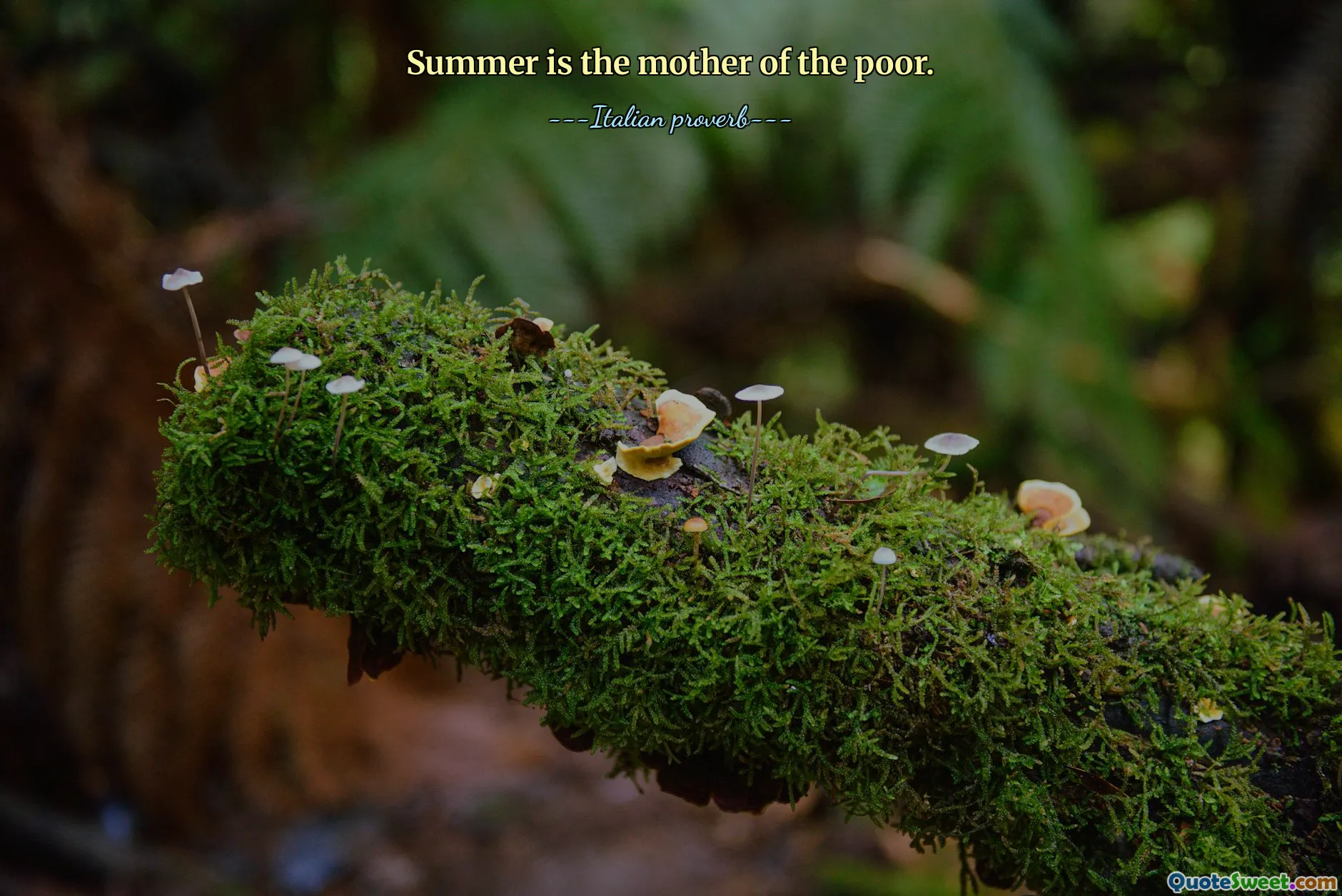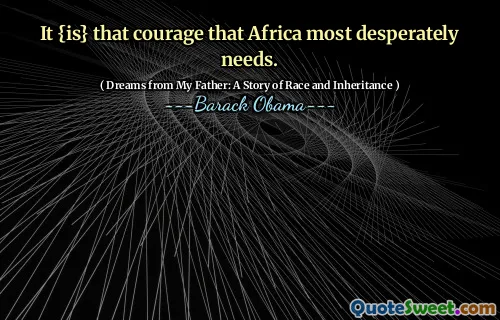
Summer is the mother of the poor.
This well-known Italian proverb highlights the profound economic and social impacts brought by the summer season. On the surface, summer is associated with warmth, leisure, and abundance. However, beneath this cheerful exterior lies a reality where summer can also be a time of hardship for the less fortunate. Historically, many agrarian societies depended heavily on summer for their harvests, and those who lacked resources or land often faced famine, homelessness, or financial instability during this period. The proverb suggests that bad times, such as droughts, poor harvests, or economic downturns, often hit the poor hardest when the season adversely affects their livelihood.
Reflecting on this, one can see the seasonal disparity in how economic prosperity and hardship manifest across different classes. While wealthier individuals or those with stable employments might enjoy vacations, festivals, or increased earnings, the economically disadvantaged may find their plight worsened by seasonal factors. For example, rising food prices in summer due to poor harvests or increased demand can plunge the poor further into poverty. Moreover, this proverb indirectly encourages a reflection on societal inequalities and the importance of social safety nets and supportive policies to mitigate the seasonal hardships experienced by vulnerable populations.
Furthermore, it provokes us to think about climate and economic resilience. As climate change brings unpredictable weather patterns, the impact on agriculture and sustenance could intensify, deepening this divide. The proverb also serves as a reminder that prosperity for some can sometimes be intertwined with hardship for others, emphasizing the need for balanced development and compassion.
In essence, the phrase captures a timeless truth about seasonal and economic dynamics—how external factors like weather and market conditions can have disparate impacts across social classes—and compels us to consider the importance of societal support systems to ensure that seasons of abundance do not translate into seasons of hardship for the most vulnerable.










